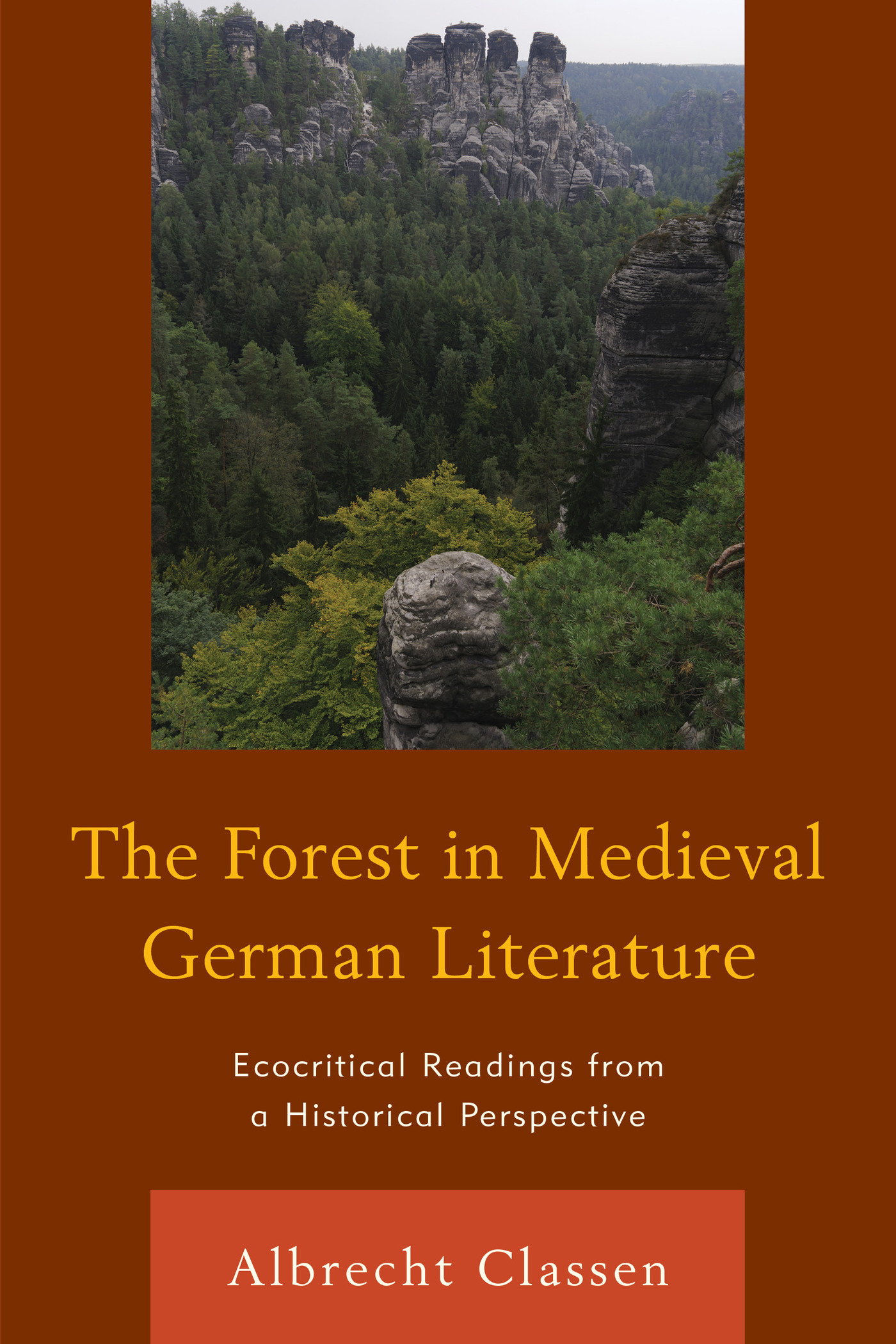The Forest
in Medieval German Literature
Ecocritical Theory and Practice
Series Editor: Douglas A. Vakoch, California Institute of Integral Studies, USA
Ecocritical Theory and Practice highlights innovative scholarship at the interface of literary/cultural studies and the environment, seeking to foster an ongoing dialogue between academics and environmental activists.
Advisory Board
Joni Adamson, Arizona State University, USA; Mageb Al-adwani, King Saud University, Saudi Arabia; Bruce Allen, Seisen University, Japan; Hannes Bergthaller, National Chung-Hsing University, Taiwan; Zlia Bora, Federal University of Paraba, Brazil; Izabel Brando, Federal University of Alagoas, Brazil; Byron Caminero-Santangelo, University of Kansas, USA; Jeffrey J. Cohen, George Washington University, USA; Simo Farias Almeida, Federal University of Roraima, Brazil; Julia Fiedorczuk, University of Warsaw, Poland; Camilo Gomides, University of Puerto RicoRio Piedras, Puerto Rico; Yves-Charles Grandjeat, Michel de Montaigne-Bordeaux 3 University, France; George Handley, Brigham Young University, USA; Isabel Hoving, Leiden University, The Netherlands; Idom Thomas Inyabri, University of Calabar, Nigeria; Serenella Iovino, University of Turin, Italy; Adrian Ivakhiv, University of Vermont, USA; Daniela Kato, Zhongnan University of Economics and Law, China; Petr Kopeck, University of Ostrava, Czech Republic; Mohammad Nasser Modoodi, Payame Noor University, Iran; Patrick Murphy, University of Central Florida, USA; Serpil Oppermann, Hacettepe University, Turkey; Rebecca Raglon, University of British Columbia, Canada; Anuradha Ramanujan, National University of Singapore, Singapore; Christian Schmitt-Kilb, University of Rostock, Germany; Marian Scholtmeijer, University of Northern British Columbia, Canada; Heike Schwarz, University of Augsburg, Germany; Murali Sivaramakrishnan, Pondicherry University, India; Scott Slovic, University of Idaho, USA; J. Etienne Terblanche, North-West University, South Africa; Julia Tofantuk, Tallinn University, Estonia; Jennifer Wawrzinek, Free University of Berlin, Germany; Cheng Xiangzhan, Shandong University, China; Yuki Masami, Kanazawa University, Japan; Hubert Zapf, University of Augsburg, Germany
Recent Titles
The Forest in Medieval German Literature: Ecocritical Readings from a Historical Perspective, by Albrecht Classen
Ecocriticism of the Global South, edited by Scott Slovic, R. Swarnalatha, and Vidya Sarveswaran
Explorations in Ecocriticism: Advocacy, Bioregionalism, and Visual Design, by Paul Lindholdt
New International Voices in Ecocriticism, edited by Serpil Oppermann
Urban Ecologies: City Space, Material Agency, and Environmental Politics in Contemporary Culture, by Christopher Schliephake
Myth and Environment in Recent Southwestern Literature: Healing Narratives, by Theda Wrede
Ecoambiguity, Community, and Development: Toward a Politicized Ecocriticism, edited by Scott Slovic, R. Swarnalatha, and Vidya Sarveswaran
Transversal Ecocritical Praxis: Theoretical Arguments, Literary Analysis, and Cultural Critique, by Patrick D. Murphy
Feminist Ecocriticism: Environment, Women, and Literature, edited by Douglas A. Vakoch
The Forest
in Medieval German Literature
Ecocritical Readings
from a Historical Perspective
Albrecht Classen
LEXINGTON BOOKS
Lanham Boulder New York London
Published by Lexington Books
An imprint of The Rowman & Littlefield Publishing Group, Inc.
4501 Forbes Boulevard, Suite 200, Lanham, Maryland 20706
www.rowman.com
Unit A, Whitacre Mews, 26-34 Stannary Street, London SE11 4AB
Copyright 2015 by Lexington Books
All rights reserved. No part of this book may be reproduced in any form or by any electronic or mechanical means, including information storage and retrieval systems, without written permission from the publisher, except by a reviewer who may quote passages in a review.
British Library Cataloguing in Publication Information Available
Library of Congress Cataloging-in-Publication Data
Classen, Albrecht, author.
The forest in medieval German literature : Ecocritical readings from a historical perspective / Albrecht Classen.
pages cm. -- (Ecocritical theory and practice)
Includes bibliographical references and index.
ISBN 978-0-7391-9518-5 (cloth : alk. paper) -- ISBN 978-0-7391-9519-2 (electronic)
1. German literature--Middle High German, 1050-1500--History and criticism. 2. Forests in literature. I. Title.
PT179.C52 2015
830.9'002--dc23
2015010733
 TM The paper used in this publication meets the minimum requirements of American National Standard for Information Sciences Permanence of Paper for Printed Library Materials, ANSI/NISO Z39.48-1992.
TM The paper used in this publication meets the minimum requirements of American National Standard for Information Sciences Permanence of Paper for Printed Library Materials, ANSI/NISO Z39.48-1992.
Printed in the United States of America
Acknowledgments
It is my pleasure to express my gratitude for much support that I received for writing this book. Lindsey Porambo from Lexington Books encouraged and then invited me to write this book for their publishing house. But the original idea had already emerged after I had attended a workshop on the topic of the forest today and how to employ it in teaching German language, literature, and culture at North American high schools and universities. Julia Koch at the Goethe-Institute, San Francisco, had been so kind to invite me as one of their Netzwerk-Trainer (or Multiplikatoren) to attend that workshop in April 2013, and this inspired me to extend the idea also to the Middle Ages. I myself subsequently offered two workshops on this topic, one at the Fall Meeting of the Arizona Chapter of the AATG, Tucson, Nov. 2013, and one at the MLA Convention in Chicago, January 2013, which were both well received. I am thankful for the individual responses and encouragement from the respective audiences. In the pre-stage for this present book, I also published an introductory article in an online journal, so I am thankful for that opportunity.
From May to August 2014, I spent a lot of time in a variety of German university libraries, too many to mention here, but I am very grateful for the opportunity to do so much research there. The final touches to the book manuscript I could apply during a much appreciated week-long visit with my friends, Prof. Jerzy Strzelczyk, and his wonderful wife, Prof. Dorota od-Strzelczyk, both at the Uniwersytet im. Adama Mickiewicza, Pozna, Poland, mostly staying with them at their quiet country house in Potrzanowo in August 2014, peacefully surrounded by forest and farm land. This also allowed me to gain some insight into Polish historiography pertaining to the forest in the Middle Ages.
Individual parts of the book manuscript were critically read by dear colleagues, to whom I would like to express my gratitude: Prof. William C. McDonald (University of Virginia), Prof. Marilyn Sandidge (Westfield State University, MA), Prof. Connie Scarborough (Texas Tech University), and Prof. Christopher R. Clason (Oakland University, Rochester, MI). I am very thankful for their input and effort to support me in the final stages of this manuscript. Dr. Reiner Cornelius (Niederaula, Germany), also deserves my gratitude because his long-term research project on the Green Band in Germany, the former border between both East and West Germany until 1989, which has resulted in a whole series of his books on the new natural parks along the long stretch from the Baltic Sea down to the Franconian Forest in northeastern Bavaria (

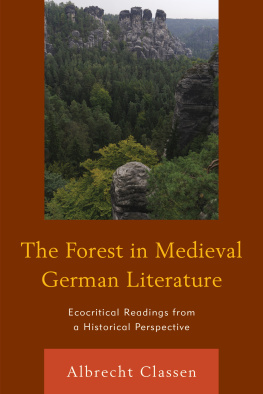
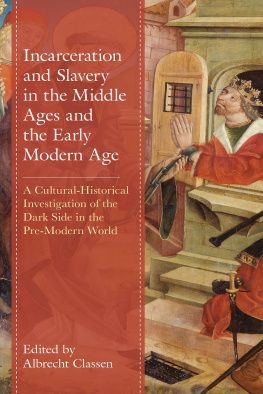
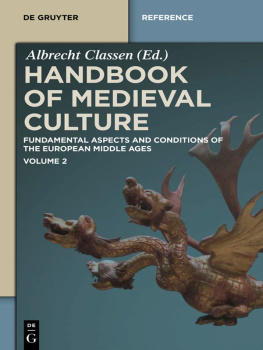
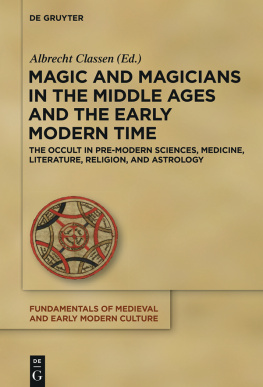
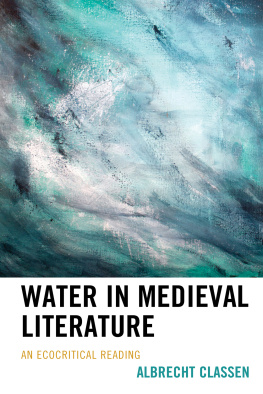

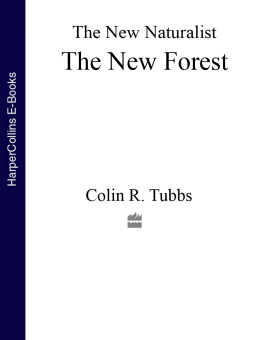
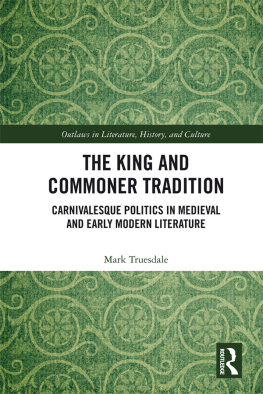

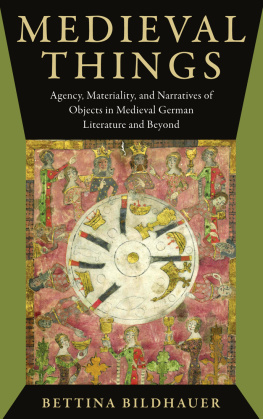
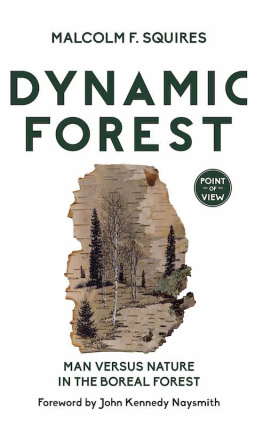
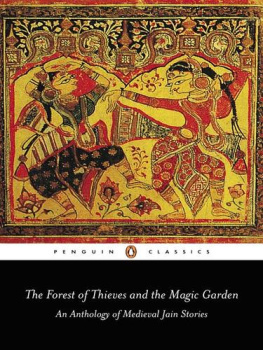
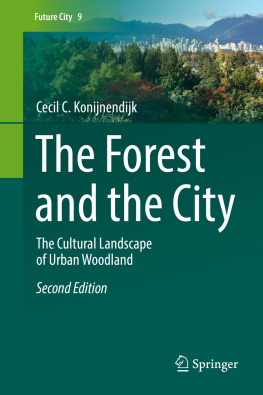
 TM The paper used in this publication meets the minimum requirements of American National Standard for Information Sciences Permanence of Paper for Printed Library Materials, ANSI/NISO Z39.48-1992.
TM The paper used in this publication meets the minimum requirements of American National Standard for Information Sciences Permanence of Paper for Printed Library Materials, ANSI/NISO Z39.48-1992.